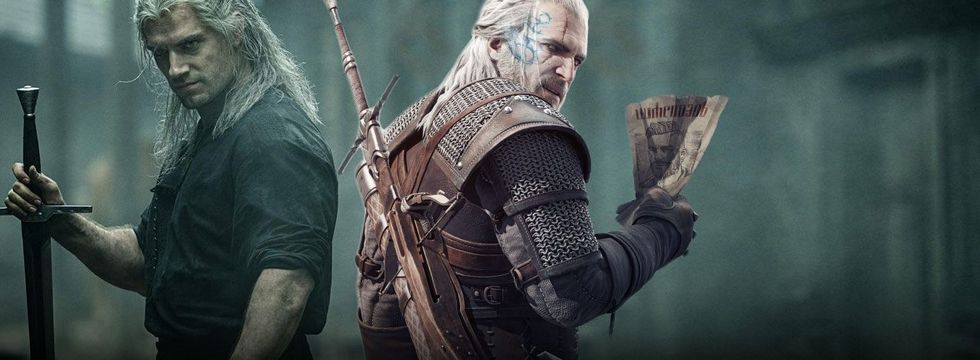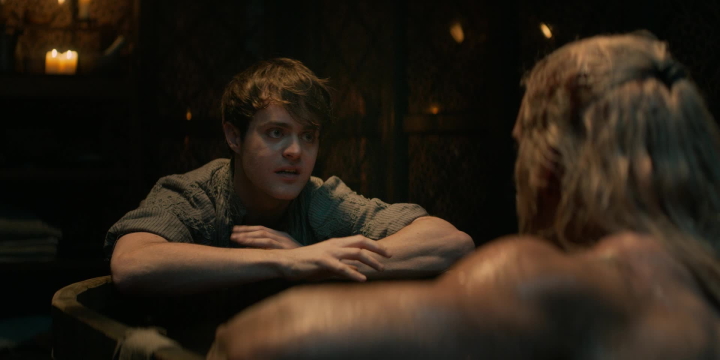Friendly scuffles don't have to be cruel. What could Netflix learn from CDPR

- What Can CD Projekt RED Teach Netflix About The Witcher?
- Slavic charm or generic middle ages
- Friendly scuffles don't have to be cruel
- Cities are more than just empty fortresses
- Controversial heroes should be taken seriously
- Concerning Yennefer and Triss
- Dear Netflix, where's Ciri's personality?
- Geralt should be the hero of his own story
Friendly scuffles don't have to be cruel

The Witcher, Netflix, 2019
Geralt and Jaskier's relationship is quite turbulent; this is an indisputable fact. Both the games and the TV show are good at reproducing the nature of this acquaintance. At the same time, both appear to be approaching it from opposite sides.
Let's imagine the bond between Geralt and Jaskier was presented more like a friendship and less like a relationship full of unnecessary aggression in the Netflix adaptation. They are not necessarily nice to each other all the time and may criticize their decisions, but they do not express their accusations without a at least a hint of respect (which happens to Geralt surprisingly often), and there are no fights. Geralt isn't all that pushy, Jaskier isn't openly hostile to Yennefer. Moreover, Geralt doesn't blame Jaskier for everything that doesn't go his way, and doesn't openly bully him. Their relationship is more akin to that of two adults, rather than an attempt to recreate the relationship between Shrek and Donkey.
If you've watched the show, you might be convinced (as we are) that a mature and healthy friendship is a concept that absolutely does not exist there. Most likely in an attempt to increase the entertainment value, Geralt and Jaskier's interactins happen as often as possible and are very shallow. Not only is it unnatural, but it also contradicts the fact that Netflix's production aspires to be serious, among other things trying to highlight to issues connected to minorities or feminism. If that was the intention, turning the relationship of two adult men who often tease each other as friends into a toxic relationship without much logic doesn't seem like the brightest move. It's also interesting to ponder about where the creators even found the idea of presenting Geralt and Jaskier in such a way, since both the books and the games got fans used to a much healthier, lighter, less caricatured version of this relationship.
